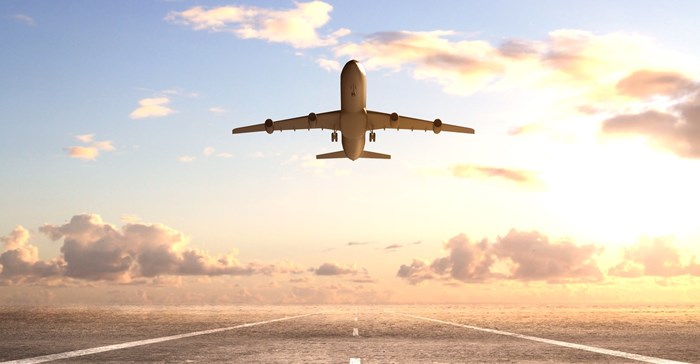
Related



Tackling the "Big Five" - addressing the border challenges you keep hearing about
Andy Smith 28 Aug 2025

Top stories






More news
















"Scheduled commercial passenger operations retained a 0% fatal accident rate record. As much as the statistics are encouraging, the SACAA still maintains that one fatality is one just too many. We certainly believe that there is still room for improvement particularly in relation to recreational and general aviation activities. We urge the general aviation and recreational sector to emulate the safety culture that has year-after-year ensured that commercial operations maintain an admirable safety record," said Poppy Khoza, who heads the SACAA as director of Civil Aviation.
Khoza told the more than 150 aviation experts attending the seminar that the reduction in aviation accidents statistics is as a result of many interventions, key among those being safety awareness campaigns that are run by the SACAA and several other aviation organisation. "In terms of the safety campaigns, we have a multi-entity team that travels to major provinces to meet and share safety tips with the general aviation fraternity. We can also credit the Cross-Functional Accident Reduction Plan, which is another initiative we launched about two years ago with the aim of reducing accidents in the general aviation sector," Khoza elaborated
The safety awareness campaigns provide aviators with crucial information and real life scenarios to enable them to make appropriate decisions before and during flight, especially during adverse weather. The varied safety presentations also include the screening of videos as well as discussions on the need for general aviation pilots to be even more vigilant and professional than pilots operating within the commercial sector, due to the demands of the single pilot operations found in general aviation.
Khoza also called on aviators to ensure that aviation security is afforded the same attention as aviation safety. "Even though their circumstances differ, recent aviation tragedies such as Malaysia Airlines Flight 370 (MH370), Malaysia Airlines Flight 17 (MH17), and German wings Flight 9525 are cause for concern for the global aviation industry, particularly those with the responsibility of regulating the industry. These tragedies are regrettably a reminder that we cannot continue to treat aviation security as the step child of aviation."
She said that the tragedies have also brought to the fore the need to elevate the management of aviation medicine. "The time has come for all aviators to recognise the importance of good mental and physical health."
Khoza reminded aviators to acknowledge the introduction of remotely piloted aircraft systems (RPAS) into the civilian airspace. "This new technology is here to stay, and as much as we are enthusiastic about the historic integration of RPAS into the civilian airspace, we are very mindful of the various security and safety aspects that these types of aircraft introduce. We therefore have to continue with the dialogue around this new technology and pinpoint challenges as well as solutions relating to remotely piloted aircraft systems."
To date, the SACAA has issued approvals for 140 RPAS certification of registrations, one RPAS training organisation, and 15 RPAS pilot licenses. In addition to drones, the Seminar features presentations about aviation maintenance operations and training, pilot skills, aviation security as well as environmental protection.
The Seminar is hosted a few days ahead of another gathering which will see aviation medicine specialists congregate in Johannesburg to exchange ideas on measures to be applied by the aviation fraternity during the outbreak of a communicable disease. The event will be hosted under the auspices of the SACAA, Department of Transport, World Health Organisation (WHO) as well as the International Civil Aviation Organisation (ICAO).
Khoza thanked the aviation industry for their cooperation and compliance which has led to a number of significant recognition and accolades for the country and the SACAA. "South Africa's ICAO compliance is at 84%; which is above the world average of 62%. Airlines are able to ferry goods and passengers into and from South Africa because our aviation systems are regarded as world-class. It will thus be deceitful if the SACAA was to solely take the glory and not acknowledge the critical role that is played by aviators, their respective entities as well as other government role-players."